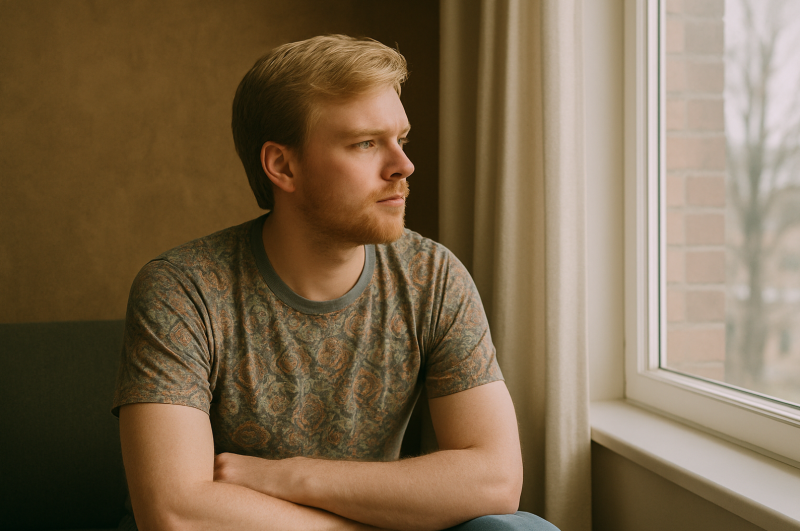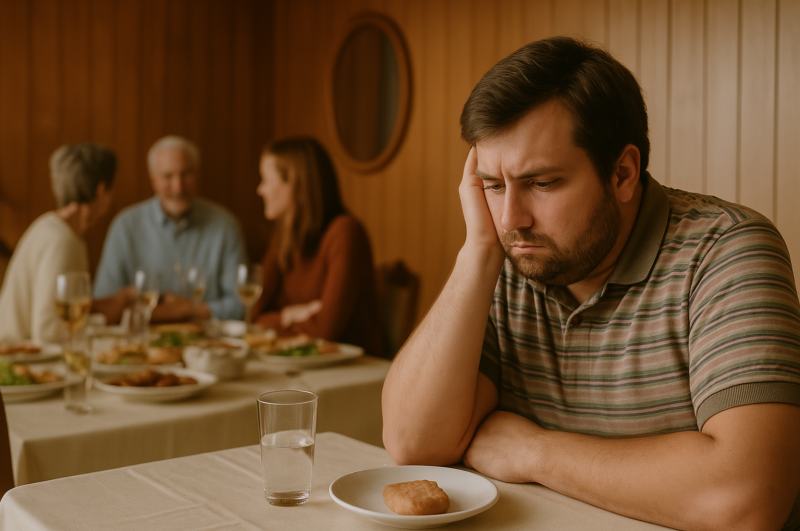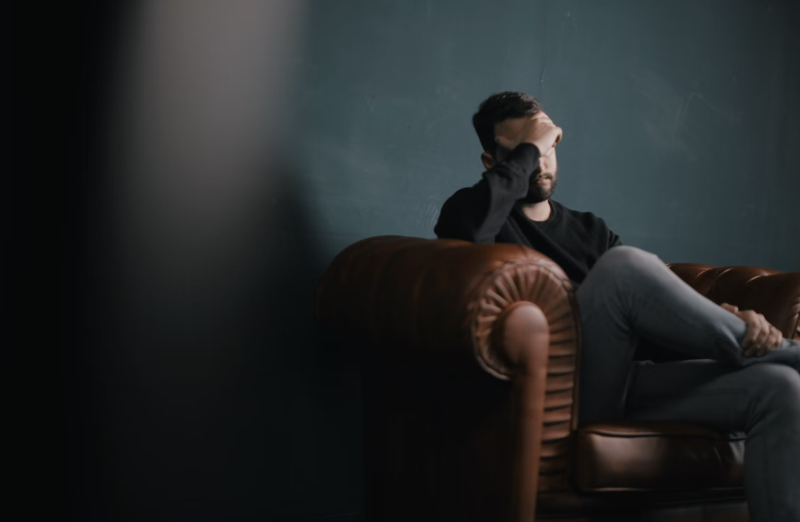
Living paycheck to paycheck creates a level of daily stress that often goes unseen—but its emotional toll is very real.
By Sergio Toledo
Editor-in-Chief, Heed to Heal
Introduction
There’s a kind of exhaustion that doesn’t always show on the outside—the kind that comes from doing the mental math every day to make sure you can eat, pay bills, and keep the lights on. For those living paycheck to paycheck, this kind of invisible stress becomes a way of life. It’s not just about money. It’s about survival. About never feeling safe. About never being able to fully exhale.
While society often blames poverty on laziness or poor choices, the truth is far more complex—and far more human. Financial strain doesn’t just affect your wallet. It affects your nervous system, your sleep, your relationships, and your overall sense of self.
What It Feels Like to Live in Constant Financial Survival Mode
When you’re living paycheck to paycheck, your brain is always scanning for the next problem. The next overdraft. The next late fee. The next emergency you won’t be able to afford.
This chronic stress response activates the body’s fight-or-flight mode—flooding you with cortisol, making it hard to focus, sleep, or make long-term decisions. You’re just trying to get through the week.
There’s no room to plan, rest, or dream. Even small decisions—like buying groceries or taking a day off—become weighted with guilt, fear, and pressure.
The Emotional Weight That No One Sees
People often say “just budget better” or “cut back,” without understanding the emotional labor involved in always having to choose between essentials. The stress isn’t just financial—it’s existential.
You may feel:
- Shame for needing help
- Fear of a single mistake ruining everything
- Anger at how hard you work with so little stability
- Isolation, especially if friends or family don’t understand
- Exhaustion from pretending everything is fine
And yet, people keep going. Smiling at work. Picking up extra hours. Finding ways to stretch every dollar. That resilience is real—but so is the toll it takes.
It’s Not Just about Money—It’s about Safety
Financial instability impacts mental health in very real ways. Studies have shown links between economic hardship and increased rates of depression, anxiety, and even trauma-like symptoms.¹
Living in a state of constant financial precarity can make you feel unsafe in the world—not because of what you’ve done wrong, but because of how unforgiving the system is.
You Deserve More than Just Getting By
You deserve rest. You deserve meals without anxiety. You deserve to say yes to a small joy without fear of the consequences. You deserve the chance to build a life, not just survive one.
Whether you’re currently living paycheck to paycheck or carrying the emotional residue of years spent doing so, your experience is real. And it matters.
Final Thoughts
There is nothing weak or broken about you for feeling the way you do. Living under financial pressure is one of the most under-acknowledged forms of chronic stress—and yet so many people carry it quietly.
You’re not failing. You’re adapting. And the fact that you’ve made it this far says everything about your strength.
You are not invisible, even if the world has overlooked your struggle. You are not small, even if your bank account says otherwise. You matter—deeply, fully, and now.
So rest when you can. Breathe when it’s safe. Keep going—not because you’re supposed to, but because you still deserve the kind of life where you get to feel joy, not just relief.
And in case no one has told you lately: You are doing an incredible job surviving a system that was never built for softness. Don’t give up. You are not alone.
References:
- American Psychological Association. (2017). Stress in America: The State of Our Nation.
- Wilkinson, R., & Pickett, K. (2009). The Spirit Level: Why Greater Equality Makes Societies Stronger.
- Pew Research Center. (2020). Financial Security and the COVID-19 Pandemic.
- Centre for Social Justice. (2022). The Impact of Living in Persistent Poverty on Mental Health.
- Mental Health Foundation. “Poverty and mental health.”
Originally published by Heed to Heal, 07.10.2025, under the terms of a Creative Commons Attribution-NonCommercial-NoDerivatives 4.0 International license.







